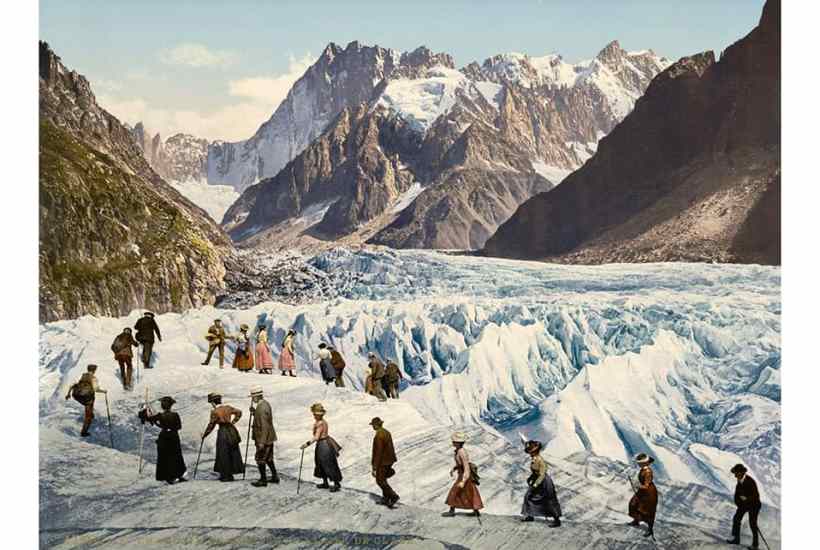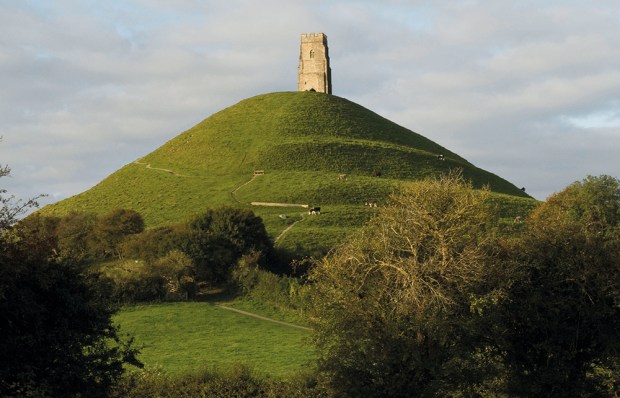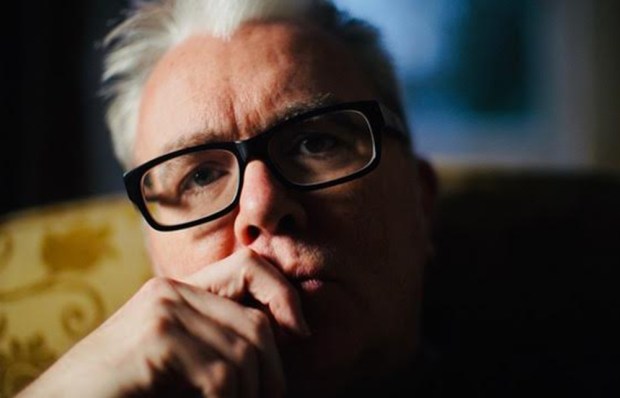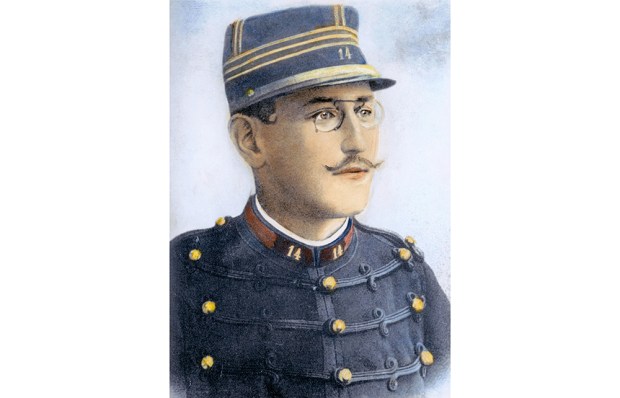In September 2019, Thomas Cook filed for compulsory liquidation, leaving 600,000 customers stranded abroad. It was a sorry end to a company that had lasted 178 years and survived both world wars. Founded by a Baptist preacher who began organising railway trips to Midland cities for local temperance societies, the company grew into one of the largest travel agencies in the world, thanks to the transformation of tourism from an activity for the idle rich to an experience open to all.
This opening up of travel is the story Lucy Lethbridge tells in Tourists, taking the reader from the last years of the Grand Tour to the first years of the package holiday. The book follows a broadly chronological structure, while also discussing popular activities such as hiking in the mountains, caravanning by the coast and sketching trips to classical sites and foreign capitals. Her focus is mostly on Europe, and the experiences of everyday travellers, the chapters filled with quotations from letters and diaries, as well as the guidebooks that accompanied them abroad. In between, we get brief histories of souvenirs and postcards, spa towns and water cures, upmarket campsites and working-class walking tours.
It’s remarkable how many widely held views about holidays were inventions of the tourist industry – for example, the idea that mountain air might be healthy, or that lying in the sun might be fun, or that foreign food might be preferable to the dishes found at home. The industry also had to convince people that going abroad was an adventure rather than an inconvenience, and that doing nothing was a legitimate pastime for people other than the elderly and infirm.
It’s equally remarkable how many tourists’ complaints have been around for a long time. For example, in the 1920s Ada Harrison was already writing that Majorca had ‘become one of those places which, the English say, are being spoilt by the English’. And there are travel guides dating back to the 1820s that list establishments with unwashed sheets, uncleaned rooms and inedible meals – like a Victorian version of Tripadvisor.
Lethbridge has an elegant turn of phrase, especially when it comes to piercing tourists’ pretensions: ‘It is a common conviction of all travellers that they are in a race to see the great sights of the world in their authentic, untouched state before they disappear.’ In addition, she understands the paradox of modern tourism, which, ‘with its inevitable commercialisation and standardisation, destroys the essence of what it seeks, even as it appears to encourage its survival’. In some cases this survival can be taken to absurd lengths, as a Cook’s handbook from 1913 warned visitors to the site of Waterloo: ‘Nor must we forget that the battle was fought in the year 1815 and the numerous guides of about 50 years of age who declare that they were in the engagement cannot be relied upon implicitly.’
Lethbridge makes clear that many features of the modern tourist industry were British innovations: package tours, all-inclusive resorts and the development of the Balearic Islands and the Spanish coast. However, I’m not convinced there was anything particularly British about the way our forebears travelled, beyond the endless search for roast beef and a reliable cup of tea. Travel is a good way of confronting your unconscious assumptions, and several of the tourists’ stories hint at a larger claim about the national character. But these hints never coalesce into an argument, and I was left wondering whether a book about the travelling habits of the French or Germans would be much different.
Still, the author writes well about the complicated expectations most tourists take with them when they journey abroad. For a young girl and her governess visiting the Alps for the first time in 1845, while the latter was astounded by the scale of the mountain range, the former found it much too savage, having been led to expect something picturesque from the prints that were popular back at home. That said, for a surprising number of British tourists, what the Alps resembled most was Box Hill in Surrey, suggesting that some people never leave home behind, no matter how far they go.
The book’s coda explains that it was finished during the pandemic, when international travel was suspended. Covid was especially difficult for those places reliant on the tourist trade, but reading about how the determined travellers of the past navigated wars, political crises and collapsing currency values made me optimistic that they will soon be returning. And I’m not the only person who thinks this way: in the first year of the pandemic Thomas Cook was relaunched as an online-only travel agent, offering holidays to the small number of green list destinations still accepting visitors from Britain.
Got something to add? Join the discussion and comment below.
Get 10 issues for just $10
Subscribe to The Spectator Australia today for the next 10 magazine issues, plus full online access, for just $10.
You might disagree with half of it, but you’ll enjoy reading all of it. Try your first month for free, then just $2 a week for the remainder of your first year.














Comments
Don't miss out
Join the conversation with other Spectator Australia readers. Subscribe to leave a comment.
SUBSCRIBEAlready a subscriber? Log in